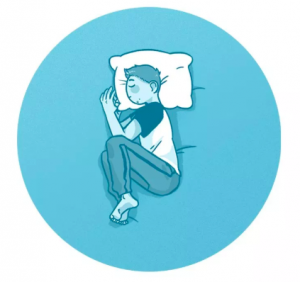Recently there has been increasing concern over the link between football and brain damage, especially after Aaron Hernandez was diagnosed with a sever form of chronic traumatic encephalopathy (CTE) following his suicide. CTE is a neurodegenerative disease associated with a history of repetitive head impacts.

As CTE receives more and more research and media attention, even the NFL has begun to show interest in the issue– after years of denying and ignoring it. CTE has many current and former Football players worried, especially as there is no current way to test for the disease in living patients. Researchers have been examining brain biopsies from patients whose physical symptoms matched with previous studies linked to increased aggression and memory loss and brain damage.

CTE physical symptoms:
- Suicidal thoughts
- Paranoia
- Impaired judgement
- Confussion
- Anxiety
- Temper/ Aggression
- Impulsivity
- Slurred Speach
- Drug Dependence
- Altered Sleeping Patterns
- Memory Loss
- Low self-esteem
- Depression
- Imbalance
- Dementia
Recently, Dr. Cherry did a study examining 111 brain biopsies post mortem from football players whose behavior in life correlated with CTE. Shockingly, 110 out of the 111 brain sample matched with CTE damage– otherwise known as a 99% match. Current testing examines hyperphosphorylated tau buildup in neurons surrounding blood vessels at the sulcal depths of the cerebral cortex.

This study was particularly interesting as the researchers also found a biological marker that could potentially be used to identify CTE in living patients. In the near future, it is likely that we will be able to use genetic markers such as the newly identified CCL11 to diagnosis CTE early on enough to reverse damage. Spinal tap or blood draw are the mostly routes for testing. CCL11 was a significant find, as it distinguished CTE from Alzheimer’s disease. CTE and Alzheimer’s disease have serveral overlapping characterisitics, and in late stages, both diseases lead to dementia and severe brain damage.
Alzheimer’s disease v.s CTE:

CTE Stages:









